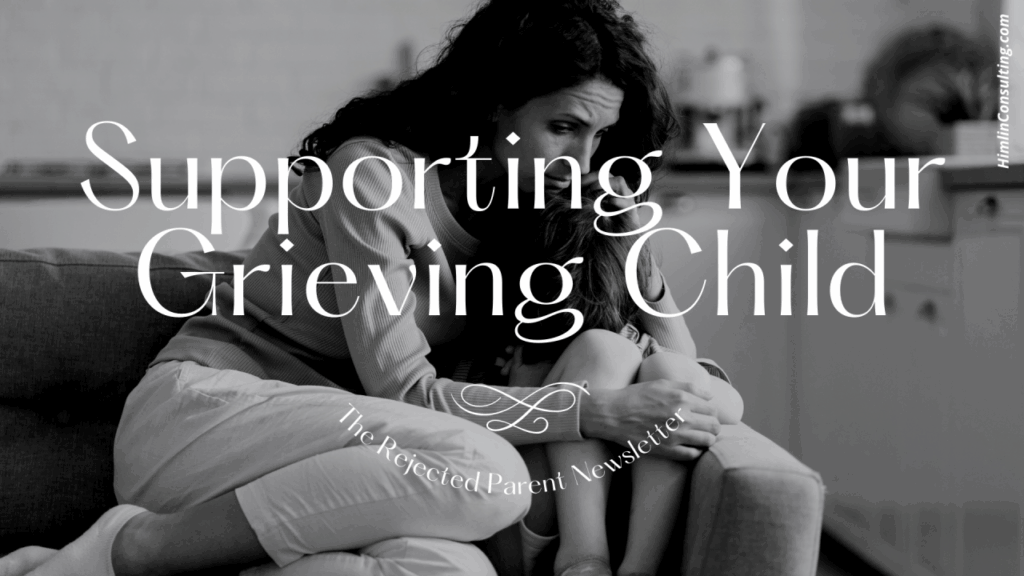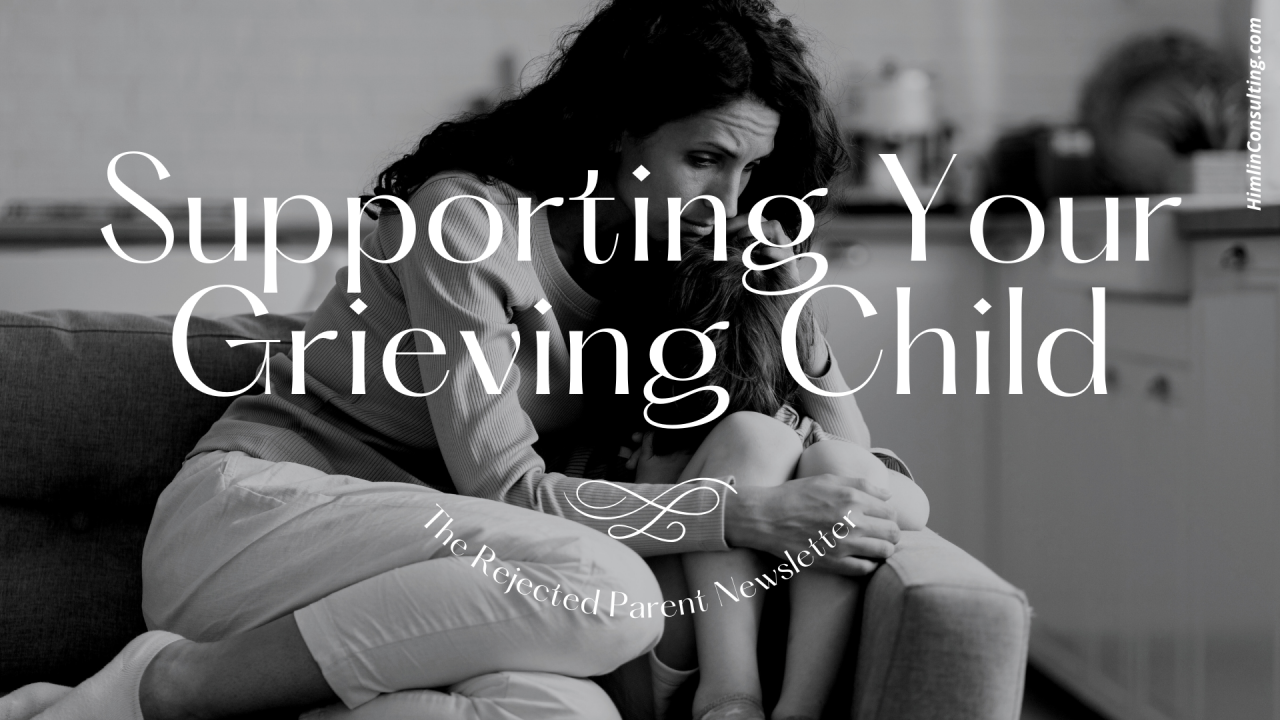
Grieving a Child’s Death: A Guide to Understanding and Healing
The death of a child is arguably the most devastating experience a parent can endure. It shatters dreams, disrupts the natural order of life, and leaves an unfillable void. Understanding the complexities of grieving a child’s death is crucial for navigating this profound loss and finding a path toward healing. This article aims to provide information, support, and resources for parents, families, and friends who are grappling with this unimaginable pain.
Understanding the Unique Nature of Grief After Losing a Child
The grief experienced after grieving a child’s death is unlike any other form of bereavement. It often involves a complex interplay of emotions, including intense sadness, anger, guilt, disbelief, and profound loneliness. Parents may question their role in protecting their child, leading to self-blame and regret. The loss can also challenge their faith, sense of purpose, and overall worldview.
Furthermore, the grieving process is often prolonged and cyclical, with waves of intense grief triggered by anniversaries, birthdays, holidays, and other significant milestones. These reminders can resurface the pain and make it difficult to move forward. It’s essential to acknowledge that there is no timeline for grief and that healing is a unique and individual journey.
Common Grief Reactions
Grieving a child’s death manifests differently in each individual, but some common reactions include:
- Emotional Reactions: Intense sadness, anger, guilt, anxiety, numbness, disbelief, irritability, despair, and a sense of emptiness.
- Physical Reactions: Fatigue, changes in appetite and sleep patterns, physical aches and pains, weakened immune system, and increased susceptibility to illness.
- Cognitive Reactions: Difficulty concentrating, memory problems, confusion, intrusive thoughts, and a preoccupation with the deceased child.
- Behavioral Reactions: Social withdrawal, loss of interest in activities, restlessness, crying spells, searching for the child, and avoiding reminders of the loss.
Factors Influencing the Grieving Process
Several factors can influence the grieving process after grieving a child’s death, including:
- The nature of the child’s death: Sudden or unexpected deaths, such as those caused by accidents or suicide, can be particularly traumatic and challenging to process. Deaths following a prolonged illness may allow for some preparation but can also be emotionally exhausting.
- The age of the child: The death of an infant or young child can be especially devastating, as it represents the loss of potential and future possibilities.
- The parent’s relationship with the child: The closer the relationship, the more profound the grief.
- The parent’s personality and coping style: Some individuals are naturally more resilient and adaptable than others.
- Social support: Having a strong support system of family, friends, and community can significantly aid in the healing process.
- Cultural and religious beliefs: Cultural norms and religious beliefs can influence how grief is expressed and processed.
Coping Strategies for Grieving Parents
While there is no one-size-fits-all approach to grieving a child’s death, the following coping strategies can be helpful:
- Allow yourself to grieve: Don’t suppress your emotions or try to be strong for others. Allow yourself to feel the pain and sadness.
- Seek support: Talk to your partner, family, friends, or a grief counselor. Sharing your feelings can help you process your emotions and feel less alone. [See also: Finding a Grief Counselor]
- Join a support group: Connecting with other parents who have experienced a similar loss can provide a sense of community and understanding.
- Take care of yourself: Prioritize your physical and emotional well-being. Eat healthy, exercise regularly, get enough sleep, and engage in activities that you enjoy.
- Memorialize your child: Find meaningful ways to honor your child’s memory. This could involve creating a memory box, planting a tree, or establishing a scholarship in their name.
- Be patient with yourself: Grief is a long and winding road. There will be good days and bad days. Be kind to yourself and allow yourself the time you need to heal.
- Seek professional help: If you are struggling to cope with your grief, don’t hesitate to seek professional help from a therapist or grief counselor.
Supporting Grieving Parents
If you know someone who is grieving a child’s death, here are some ways you can offer support:
- Listen without judgment: Allow the parent to talk about their child and their grief without offering unsolicited advice or trying to fix their pain.
- Offer practical assistance: Help with everyday tasks such as cooking, cleaning, childcare, or running errands.
- Be present: Simply being there for the parent can be a source of comfort.
- Avoid clichés: Phrases like “I know how you feel” or “Everything happens for a reason” can be hurtful and unhelpful.
- Acknowledge the child’s memory: Talk about the child by name and share fond memories.
- Be patient: Understand that the grieving process takes time and that the parent may need your support for months or even years to come.
- Respect their boundaries: Allow the parent to grieve in their own way and at their own pace.
The Impact on Relationships
Grieving a child’s death can place tremendous strain on relationships, particularly between partners. Each parent may grieve differently, leading to misunderstandings and conflict. It’s essential to communicate openly and honestly, and to seek professional help if needed. The loss can also affect relationships with other family members and friends, as they may struggle to understand or support the grieving parents.
Finding Meaning and Purpose After Loss
While the pain of grieving a child’s death may never completely disappear, it is possible to find meaning and purpose in life after loss. This may involve honoring the child’s memory through acts of service, advocating for causes that were important to them, or simply living a life that reflects their values. It’s important to remember that healing is not about forgetting, but about learning to live with the loss and finding a way to move forward with hope and resilience.
When to Seek Professional Help
While grief is a natural process, some individuals may experience complications that require professional intervention. Seek help from a therapist or grief counselor if you are experiencing any of the following:
- Prolonged or intense grief that interferes with your daily life.
- Symptoms of depression or anxiety.
- Thoughts of suicide or self-harm.
- Difficulty functioning at work or school.
- Substance abuse.
- Relationship problems.
- Traumatic grief reactions, such as flashbacks or nightmares.
Resources for Grieving Parents
There are many resources available to support parents grieving a child’s death, including:
- Grief counseling and therapy: Individual or group therapy can provide a safe and supportive space to process your grief.
- Support groups: Connecting with other grieving parents can offer a sense of community and understanding.
- Online resources: Websites and online forums can provide information, support, and connection with others.
- Books and articles: Reading about grief and loss can help you understand your emotions and find coping strategies.
- Organizations: Several organizations offer support and resources for grieving families, such as The Compassionate Friends and The MISS Foundation.
Conclusion
Grieving a child’s death is an incredibly painful and challenging experience. It is important to remember that you are not alone and that there is support available. By understanding the complexities of grief, utilizing coping strategies, and seeking professional help when needed, you can navigate this difficult journey and find a path toward healing and hope. The pain may never fully disappear, but it is possible to find meaning and purpose in life after loss, honoring the memory of your child and living a life that reflects their love and legacy. The journey of grieving a child’s death is a testament to the enduring power of love, even in the face of unimaginable loss.

